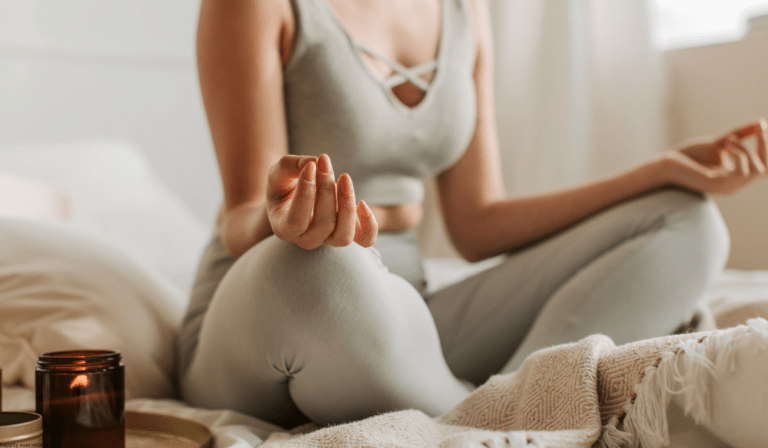How to Create a Relaxing Bedtime Routine in Retirement for Better Sleep and Wellness
Have you ever felt like your nights in retirement should be as peaceful as your days? With all the newfound freedom, many retirees struggle to establish a bedtime routine that helps them unwind. In fact, research shows that more than 50% of adults over 60 struggle with some form of insomnia. But the good news is, you can reclaim your nights! Let’s explore how you can craft a relaxing bedtime routine that helps you sleep soundly and wake up refreshed. Whether you’re looking to de-stress, enjoy some ‘you’ time, or sleep better, this guide is for you.
Why a Relaxing Bedtime Routine is Essential in Retirement
As we transition into retirement, our sleep patterns can change in ways we don’t expect. You may find it harder to fall asleep or wake up feeling unrested. These changes can be due to various factors, including reduced activity levels, stress, or health issues. A consistent bedtime routine can improve sleep quality, helping you feel more balanced and refreshed.
Developing a nightly ritual helps train your body to recognize when it’s time to wind down, encouraging deeper, more restorative sleep. These moments of relaxation can positively impact your mental and physical health, reducing anxiety and stress while boosting your overall well-being.
Creating a Comfortable Sleep Environment
Your bedroom should be a sanctuary for rest; the correct setup can make all the difference. Start by ensuring your mattress and pillows are supportive and comfortable. Decluttering the room will also help create a more peaceful atmosphere.
Lighting and temperature are crucial in helping your body recognize it’s time to relax. Use dim, warm lighting in the evening and keep the room cool. If you’re sensitive to noise or air quality, consider using a white noise machine or air purifier to enhance your sleep environment further.
Relaxing Pre-Bedtime Activities to Calm Your Mind
Finding activities that relax your body and calm your mind is vital to preparing for restful sleep. Gentle yoga or light stretching can relieve physical tension accumulated throughout the day. These exercises are perfect for loosening tight muscles and signaling your body that it’s time to unwind.
Reading is another excellent way to shift your focus from daily worries to soothing ones. Whether it’s a novel or a magazine, immersing yourself in a book can help you detach from stress. Additionally, meditation or deep breathing exercises just before bed can quiet your mind and ease anxiety, making it easier to drift off to sleep.
Establishing a Sleep-Inducing Nighttime Routine
Consistency is vital when it comes to sleep. Aim to go to bed and wake up at the same time each day, even on weekends. This habit regulates your internal clock, making it easier to fall asleep and wake up naturally.
An hour before bed, turn off all electronics, as the blue light from screens can interfere with your body’s production of melatonin, the hormone responsible for sleep. Instead, opt for activities that promote relaxation, such as listening to calming music or enjoying a cup of herbal tea like chamomile, which is known to support sleep.
Diet and Sleep: What to Eat and Avoid in the Evening
What you eat can have a significant effect on how well you sleep. Foods like bananas, almonds, and chamomile tea are excellent choices because they contain nutrients that promote relaxation and sleep. On the other hand, avoid heavy meals, caffeine, and alcohol close to bedtime, as these can interfere with your ability to fall and stay asleep.
It’s also important to stay hydrated, but try to time your last drink so you don’t wake up in the middle of the night to use the bathroom. An hour before bed, a small glass of water should be enough to keep you comfortable throughout the night.
Conclusion
Building a relaxing bedtime routine in retirement can transform how you end your day and improve your overall quality of life. By focusing on comfort, incorporating mindful activities, and adopting healthy habits, you’ll enjoy better sleep and wake up each morning feeling energized and ready to embrace your retirement adventures. So, start crafting your perfect nighttime routine today and take charge of your wellness!








